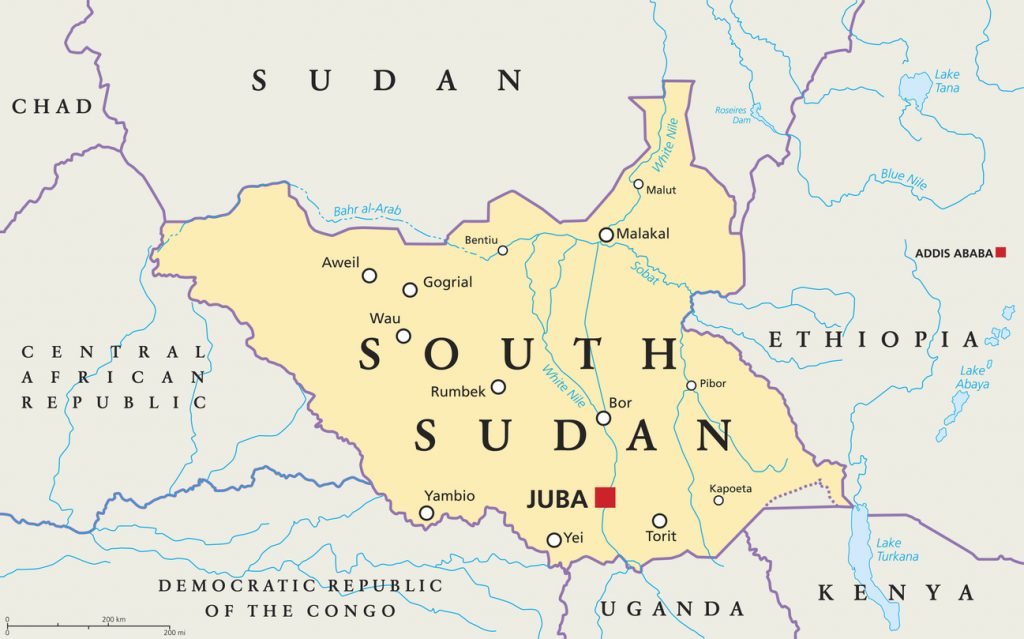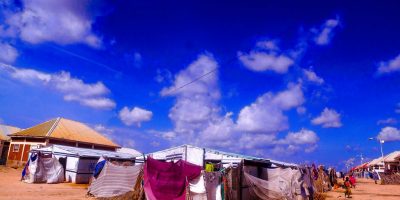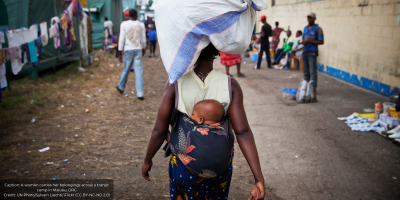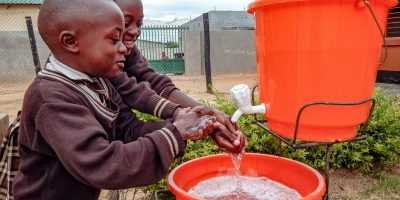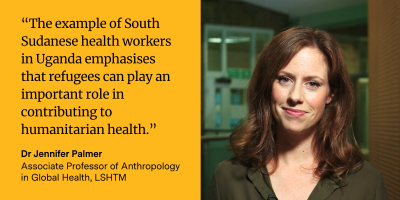Poor countries are reeling from the sudden and wide-ranging US aid cuts. Among the worst affected is South Sudan, a poor country which gained independence in July 2011. South Sudan relies on international assistance to provide basic services to its people. These cuts will devastate South Sudan’s healthcare system, including its ability to prepare for and respond to cholera and other infectious diseases.
Multiple malaises worsening
The aid cuts could not have come at a worse time. The implementation of Revitalized Agreement on the Resolution of the Conflict in the Republic of South Sudan (R-ARCSS), signed by President Salva Kiir Mayardit, First Vice President Dr Riek Machar, and leaders of several other opposition groups in 2018, has largely ended as violence has escalated.
In Upper Nile State, fighting between government forces and a local armed group, the White Army, left many people dead or displaced. Worsening matters, the Ugandan army intervened with deadly airstrikes in several locations, killing and displacing more people, to secure Uganda’s economic interests in the country. Emboldened by Uganda’s support, South Sudan’s security forces placed First Vice President Dr Riek Machar and his wife under house arrest. Many key allies of Dr Riek Machar are in jail or have fled. The UN Security General Antonio Guterres correctly observed that, “the peace agreement is in [a] shambles”.
On the economic front, matters are also dire. The flow of oil, on which the country depends, has been disrupted as the main pipeline that takes oil from oilfields through Sudan to exportation terminals on the Red Sea has been blocked. Most of the money collected locally largely disappeared into pockets of elites. No wonder, Transparency International ranks South Sudan as the most corrupt in the world. As a result, the government has not paid public officials for more than a year. Inflation has skyrocketed, with many struggling to put a meal on the table. The international Integrated Food Security Phase Classification has estimated that 7.69 million people (57 percent of population analysed) will be in Phase 3 or above (crisis or worse) between April and July 2025.
The recent fighting has worsened the displacement situation in the country, which by December 2024 hosted over 900,000 people who fled the Sudan conflict. According to aid organisations, 9.3 million people will be in need of assistance in 2025.
The spread of cholera and other infectious diseases
As refugees fled the fighting in Upper Nile State to relatively safer places within the country and to Ethiopia, cholera outbreaks have spread to new locations. The first cholera case was reported in September 2024 in Renk, the main entry point for refugees from the Sudan conflict. The disease easily crossed into South Sudan because of the porous border and large movements of people. It spread quickly due to the inadequate supply of clean water as well and poor sanitation and hygiene.
As of 2 February 2025, a total of 26,811 cases had been reported with 455 fatalities across seven states and one administrative area.
According to the WHO, the capacity to detect and respond to cholera and other infectious diseases has been severely affected by the critical funding gap. Only two percent of South Sudan’s national budget is allocated to healthcare. Preparedness and response to health emergencies are funded by donors and international organisations, who are struggling. For instance, UNICEF has reported that its response had been critically underfunded by US$ 22.5 million against required US$ 24 million.
The recent US aid cuts will likely devastate the health sector, worsening the current spread of infectious diseases and opening the door to the spread of other diseases, such as Ebola and Mpox, from neighboring countries.
Changing the negative trajectory
The likely collapse of South Sudan’s healthcare sector due to the recent aid cuts poses a threat to the people of South Sudan and neighbouring countries. Cholera and other infectious diseases will continue to spread within the country and wider region through the porous international borders. Mpox and other diseases in neighbouring countries will likely enter South Sudan and spread rapidly because of limited capacity to detect and respond. Urgent assistance is needed from donor countries to avoid the total collapse of the healthcare sector and subsequent spread of diseases within and beyond South Sudan.
[Read the meeting report of the SSHAP roundtable discussion on the impact of global aid funding cuts on people and programmes in South Sudan]



